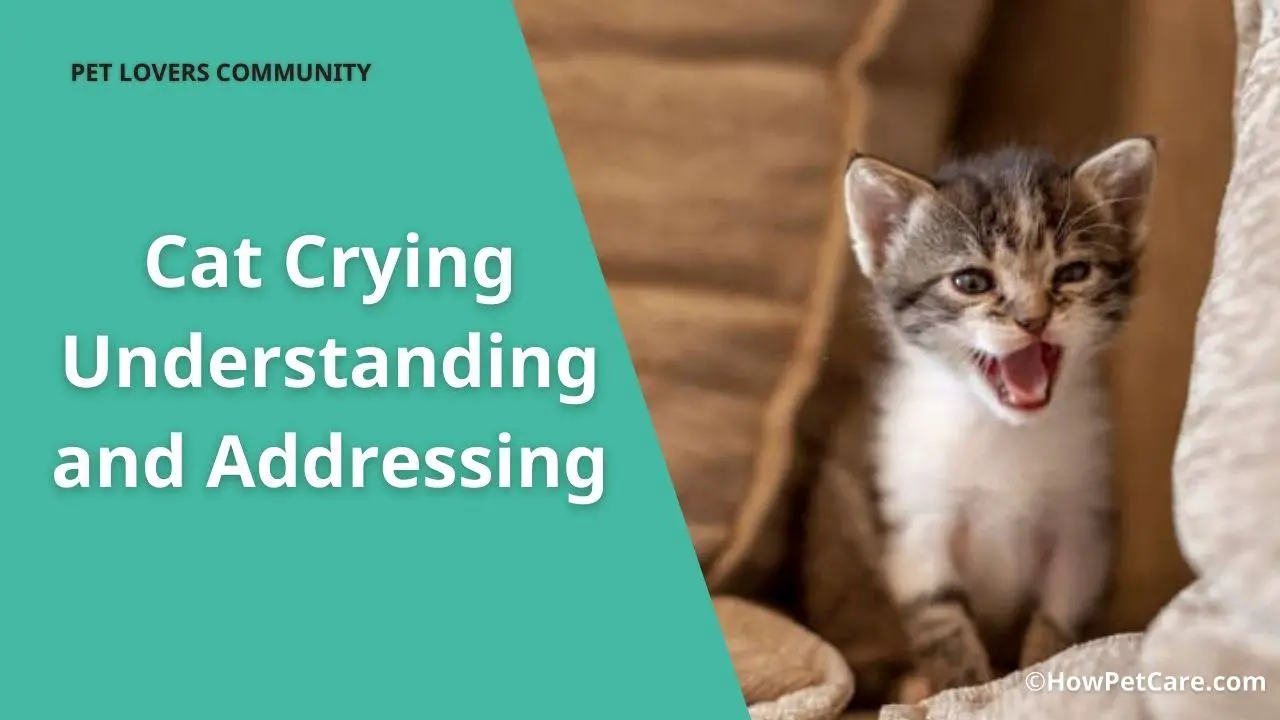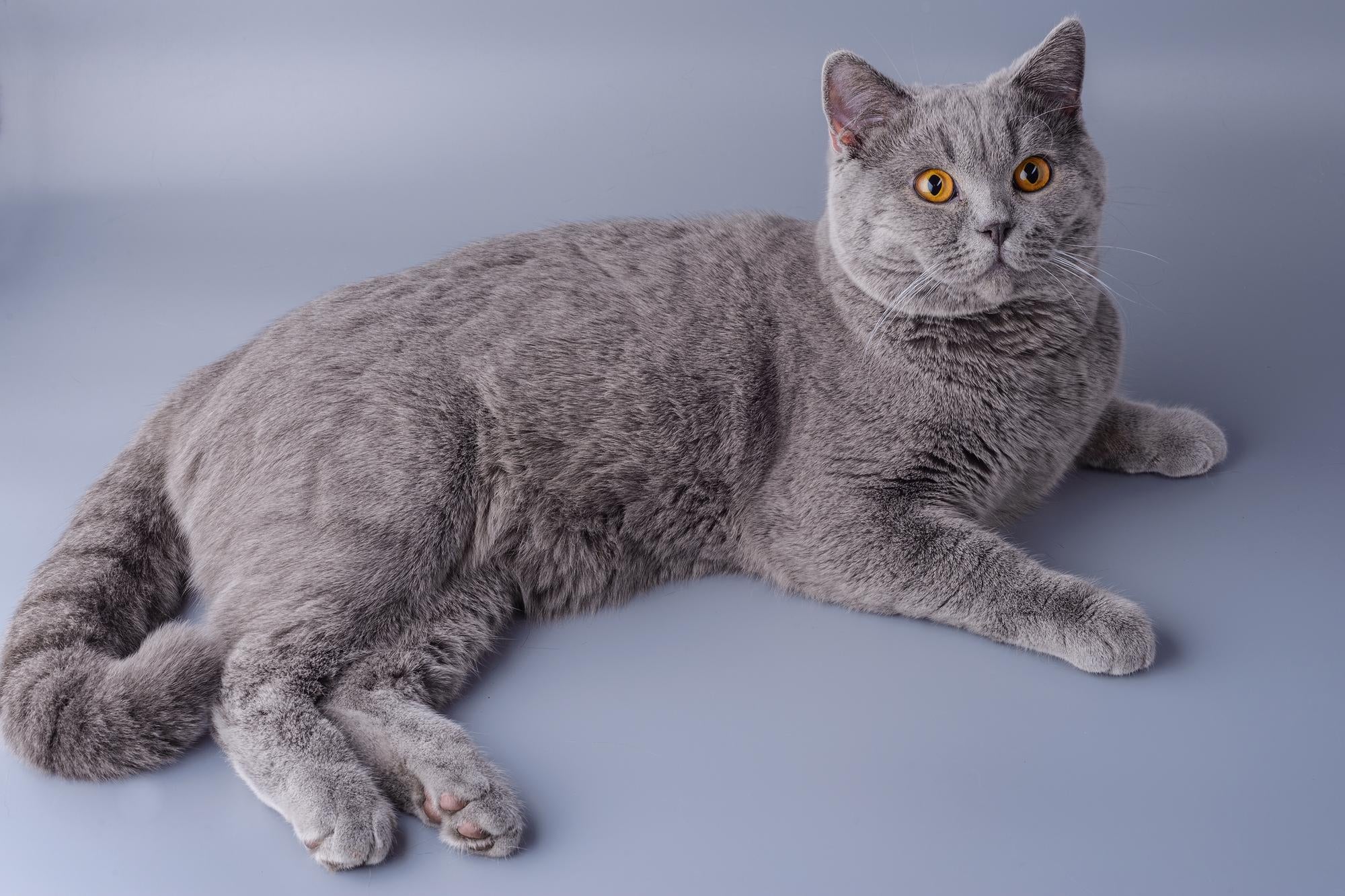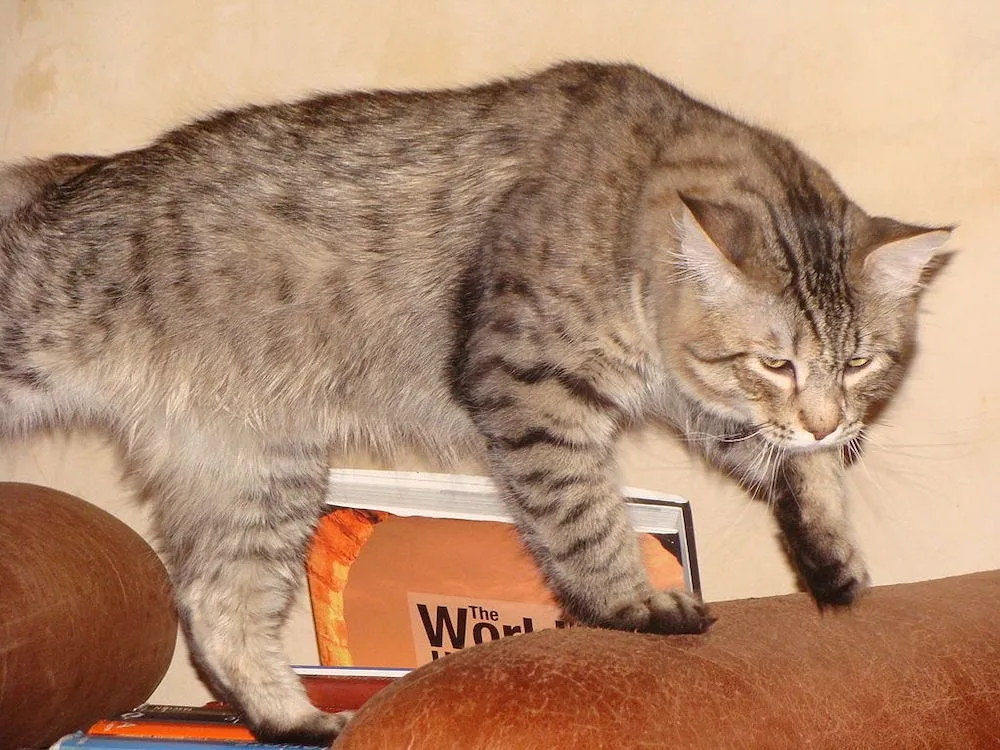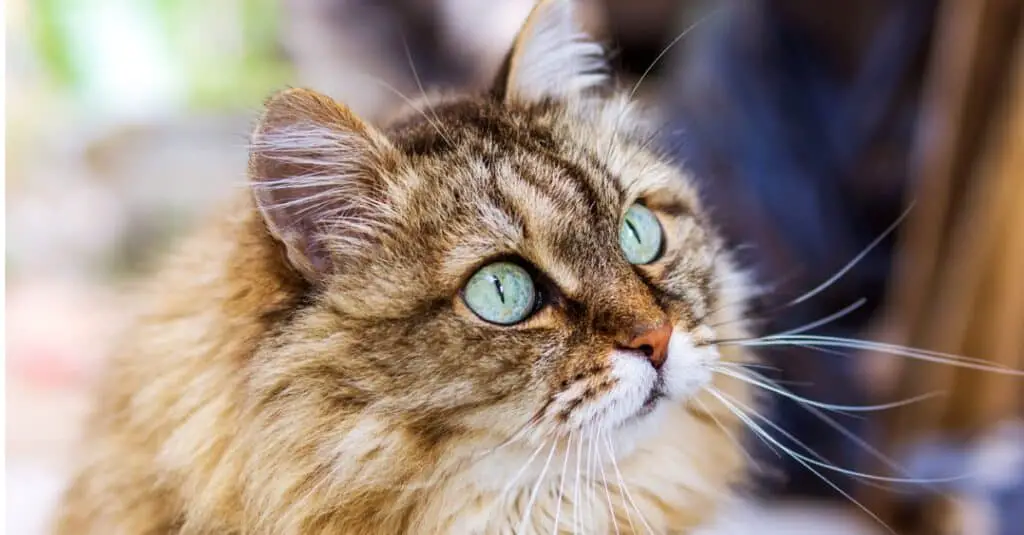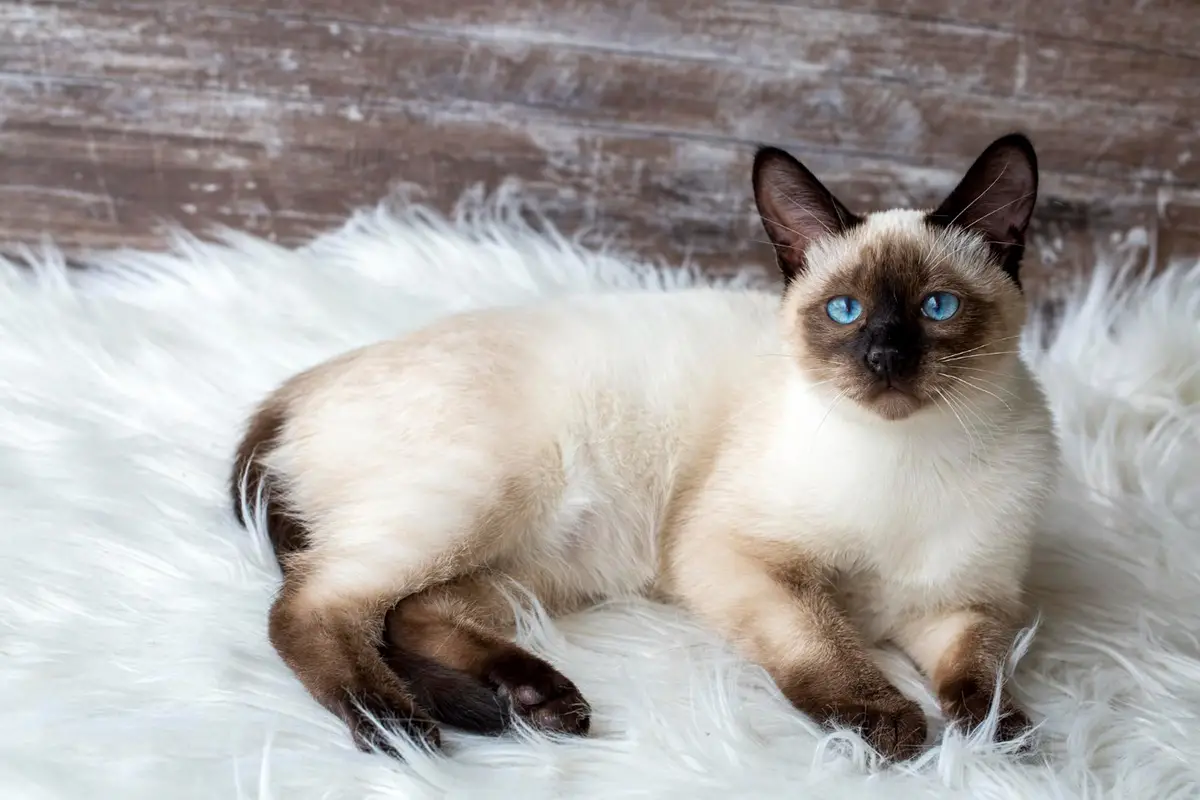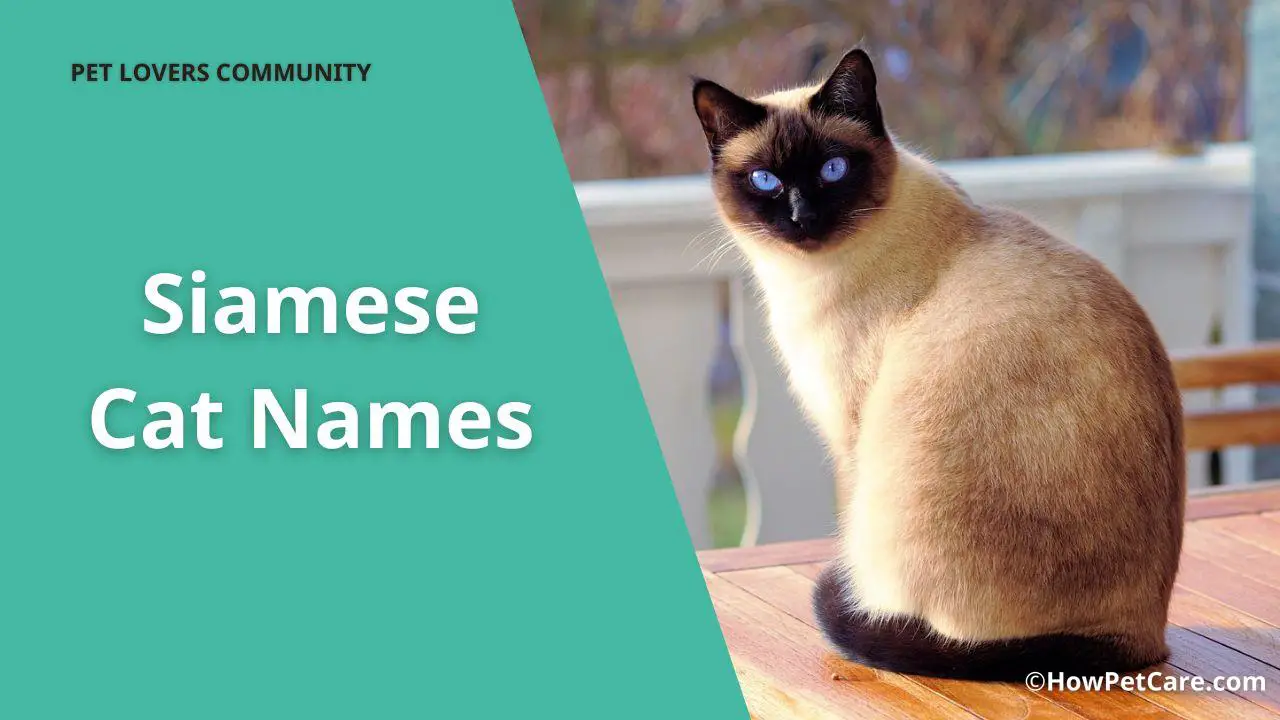Are you losing sleep over your constant cat crying?
You’re not alone in this frustrating situation.
Many cat owners find themselves puzzled by their feline friend’s excessive vocalization, especially as cats age.
At HowPetCare, we understand how disruptive and concerning this behavior can be.
Let’s explore the potential reasons behind your cat’s non-stop meowing and discuss practical solutions to restore peace in your home.
Common Reasons for Excessive Cat Crying
Medical Issues
Before assuming it’s a behavioral problem, it’s crucial to rule out any underlying health concerns.
Cats often vocalize more when they’re not feeling well.
Some medical conditions that may cause increased meowing include:
- Hyperthyroidism: This common condition in older cats can lead to excessive vocalization.
- Hypertension: High blood pressure can make cats more vocal.
- Hearing loss: Deaf cats tend to meow louder and more frequently.
- Cognitive dysfunction: Older cats may become disoriented and cry more often.
If you haven’t already, schedule a comprehensive check-up with your veterinarian.
Be sure to mention the excessive crying and request bloodwork to rule out these conditions.
Hunger or Thirst
Is your cat’s diet meeting all their nutritional needs?
Cats in the wild eat multiple small meals throughout the day.
If your kitty is only getting fed once or twice daily, they may be crying out of hunger.
Consider these feeding strategies:
- Offer smaller, more frequent meals
- Use puzzle feeders or treat-dispensing toys to provide mental stimulation and satisfy grazing instincts
- Ensure fresh water is always available in multiple locations
Attention-Seeking Behavior
Cats are clever creatures.
If crying has resulted in attention (even negative attention) in the past, they’ll likely continue the behavior.
This includes responding with:
- Scolding
- Petting
- Feeding
- Any form of interaction
Remember, to a cat, any attention can be rewarding.
Environmental Changes
Has there been a recent change in your household?
New pets, family members, or even rearranged furniture can cause stress in cats.
This anxiety may manifest as increased vocalization.
How to Address Excessive Cat Crying
Rule Out Medical Issues
First and foremost, work with your vet to ensure your cat is healthy.
Don’t hesitate to seek a second opinion if needed.
Adjust Feeding Routines
Experiment with different feeding schedules and methods.
Offering multiple small meals or using interactive feeders can help satisfy your cat’s natural instincts.
Provide Environmental Enrichment
Bored cats are more likely to vocalize for attention.
Enhance your cat’s environment with:
- Climbing structures
- Scratching posts
- Interactive toys
- Window perches for bird watching
Implement Positive Reinforcement Training
Reward quiet behavior and ignore excessive meowing.
This takes patience, but it can be effective over time.
Try these steps:
- Choose a command word like “quiet” or “shush”
- When your cat is silent, say the command and immediately offer a treat
- Repeat consistently, gradually increasing the duration of quiet time before rewarding
Maintain a Consistent Routine
Cats thrive on predictability.
Stick to regular feeding times, play sessions, and bedtime routines to reduce anxiety.
Consider Pheromone Products
Synthetic feline pheromones can help create a calming environment for your cat.
These are available as sprays, diffusers, or collars.
When to Seek Professional Help
If you’ve tried these strategies and your cat’s excessive crying persists, it may be time to consult a certified feline behaviorist.
They can provide personalized advice and develop a tailored plan to address your cat’s specific needs.
Remember, addressing excessive vocalization requires patience and consistency.
With time and the right approach, you can help your cat find their “indoor voice” and restore harmony to your household.
Have you successfully dealt with a overly vocal cat?
Share your experiences and tips in the comments below!
Your insights could help other pet parents facing similar challenges.

